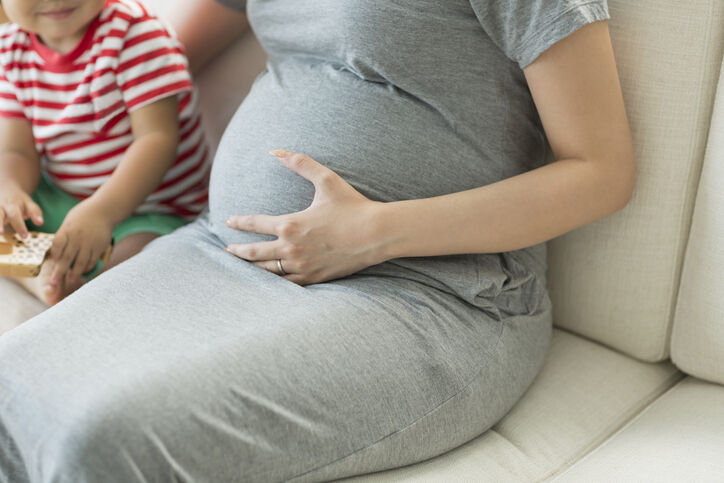PHOENIX — The way Rep. Matt Gress sees it, a person is a person, no matter how small — or even if not born yet — for the purposes of getting a state tax credit.
The first-term Republican lawmaker from Phoenix wants to expand state law that provides a tax credit for children. His proposal, House Bill 2501, would also include the number of months a woman was pregnant during the tax year. He says that’s only fair, as families have expenses during that period, too.
But that isn’t Gress’ only foray into the question of who is a person.
He is separately sponsoring HB2417, which would allow pregnant women to drive in the lane reserved for carpooling. Gress said he sees no difference between a woman who may be ready to give birth and a woman who puts her day-old child into an infant seat and qualifies under current law to use the high-occupancy vehicle lane.
So far, though, Gress has gotten no traction for that measure. It didn’t even get assigned by House leadership to a committee for a hearing.
That’s not the case with the tax credit, which gained preliminary House approval on Wednesday.
Arizona law allows individuals earning less than $200,000 a year to get a $100 income tax credit — an amount deducted from the actual taxes owed to the state — for each child younger than 17. The income eligibility figure is $400,000 for married couples filing jointly.
Dependent children 17 and older qualify a family for a $25 per child credit.
Current law applies that credit only for the years after a child is born. Gress said there’s no reason for what he sees as an artificial cutoff.
“There still are pregnancy related costs that expectant families go through, either doctor’s visits or getting the baby’s room set up,’’ he said.
He said current law is also unfair.
Consider, he said, a woman who has a baby in September. The family gets to claim the tax credit for the entire calendar year even though the baby is around for only four months of that tax year.
“But what if the baby’s born in January?’’ Gress asked. “That family’s experienced costs prior to the baby being born.” But the tax credits kick in only after the baby is born.
As HB2501 is written, tax credits could be claimed for the year prior to birth on a pro-rata basis.
So, the family whose baby is born in January would get to claim 75% of the credit for nine months of the prior year. Similarly, a family that had a baby in June would get 50% of the credit for the six months of pregnancy in the prior calendar year.
Legislative budget staffers said their best estimate is that would cost the state $2.4 million per year, based on the assumption of babies being conceived from April through December and the pregnancy lasting nine months.
Gress isn’t alone in his views that there should be some tax consideration for pre-birth expenses.
During debate in the House Ways and Means Committee, Rep. Neal Carter, R-San Tan Valley, said he got to claim a full tax credit after his wife gave birth just 11 days before the end of the calendar year. Yet he said if the pregnancy had continued for two weeks later, into the new calendar year, there would be no tax benefit.
Rep. Mariana Sandoval, D-Goodyear, said she appreciates the intent of the bill.
“But if we were really serious about helping families we would make health care accessible and affordable to everyone so that we wouldn’t have to hear a bill that gives a single person that makes up to $200,000 a $100 credit,’’ she said. “I don’t know how that would help families that are really in need.’’
Gress said he can speak only from his own experience.
“I’m the youngest of four, raised by a single mom,’’ he said, saying that his mother took advantage of a federal child tax credit proposed and signed into law in 2001 by then-President George W. Bush. That was in addition to the federal Earned Income Tax Credit designed to provide a benefit to the working poor.
“We were able to get new clothes for school, school supplies,’’ Gress said. “I mean, it was huge.’’
He said while the state tax credit is nowhere near as large as either of the federal credits, “every dollar counts, especially in this inflation.’’
Watch today's weather in Tucson from midnight to this morning. According to the National Weather Service, residential parts of Tucson and surrounding areas have reported one to seven inches of snow since Wednesday night. Video courtesy of the University of Arizona Department of Hydrology and Atmospheric Sciences.





